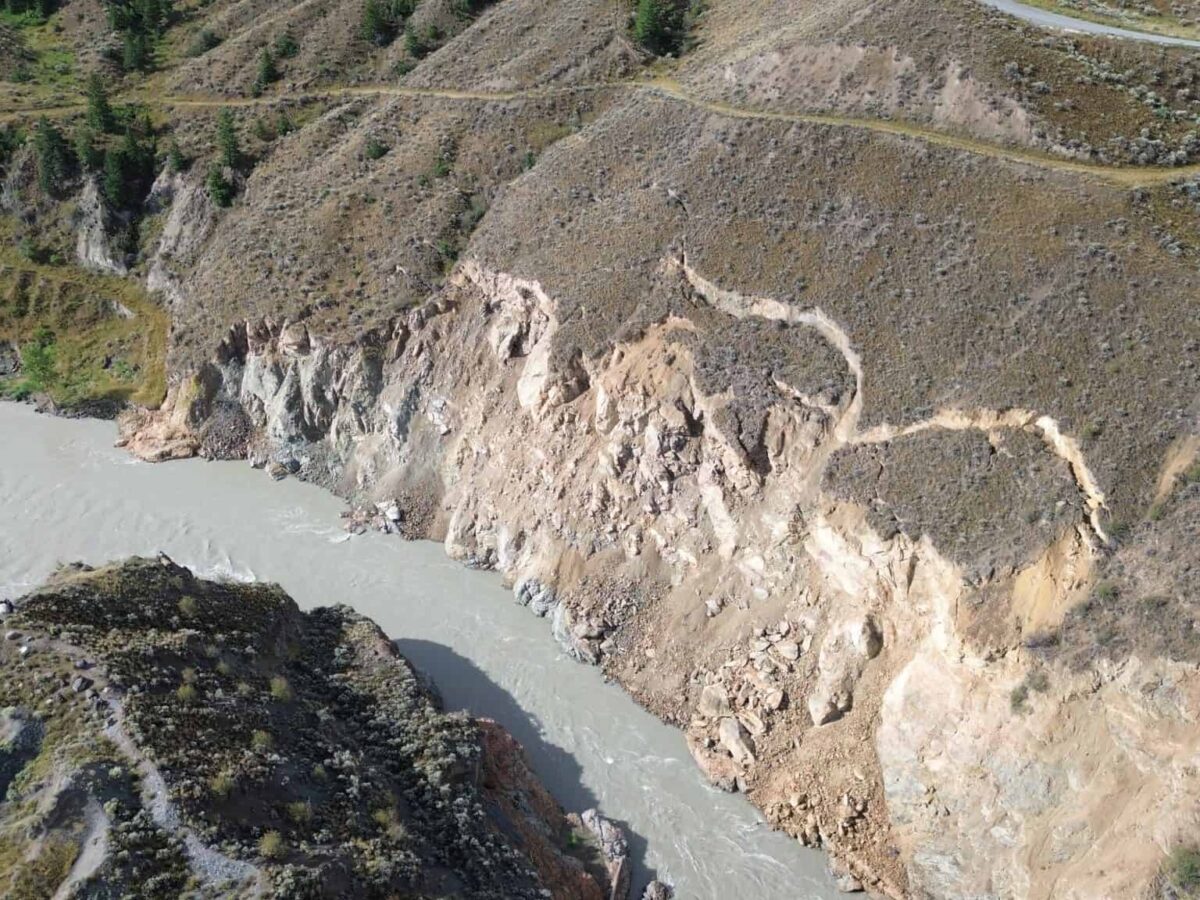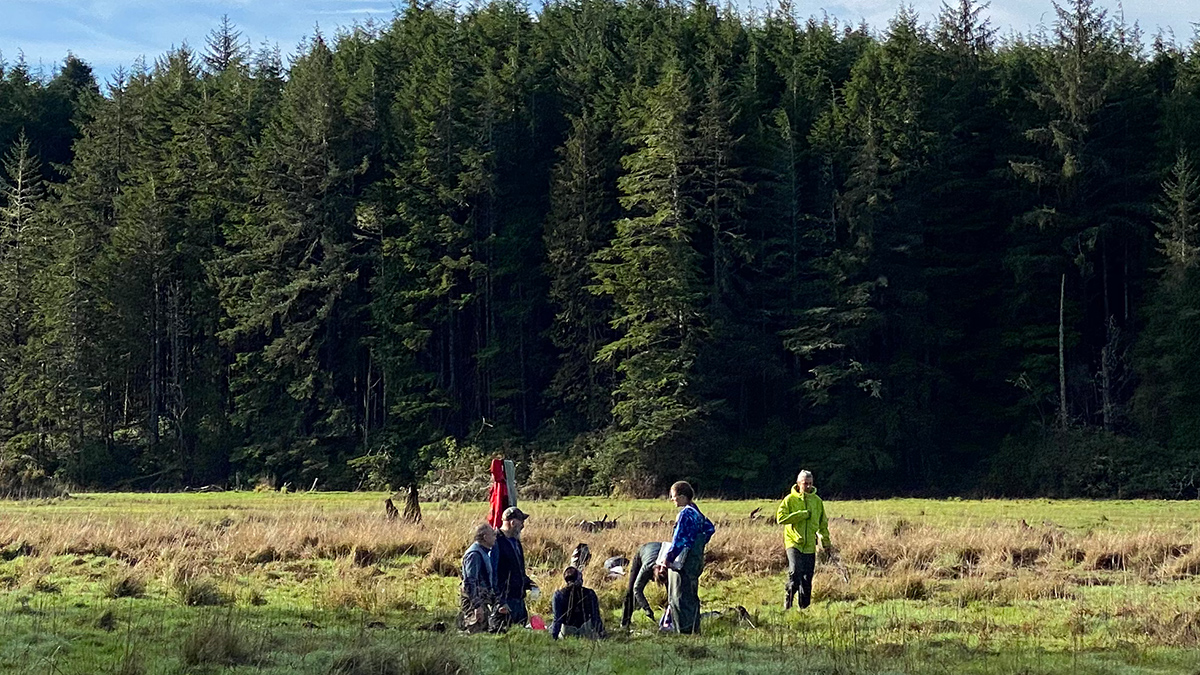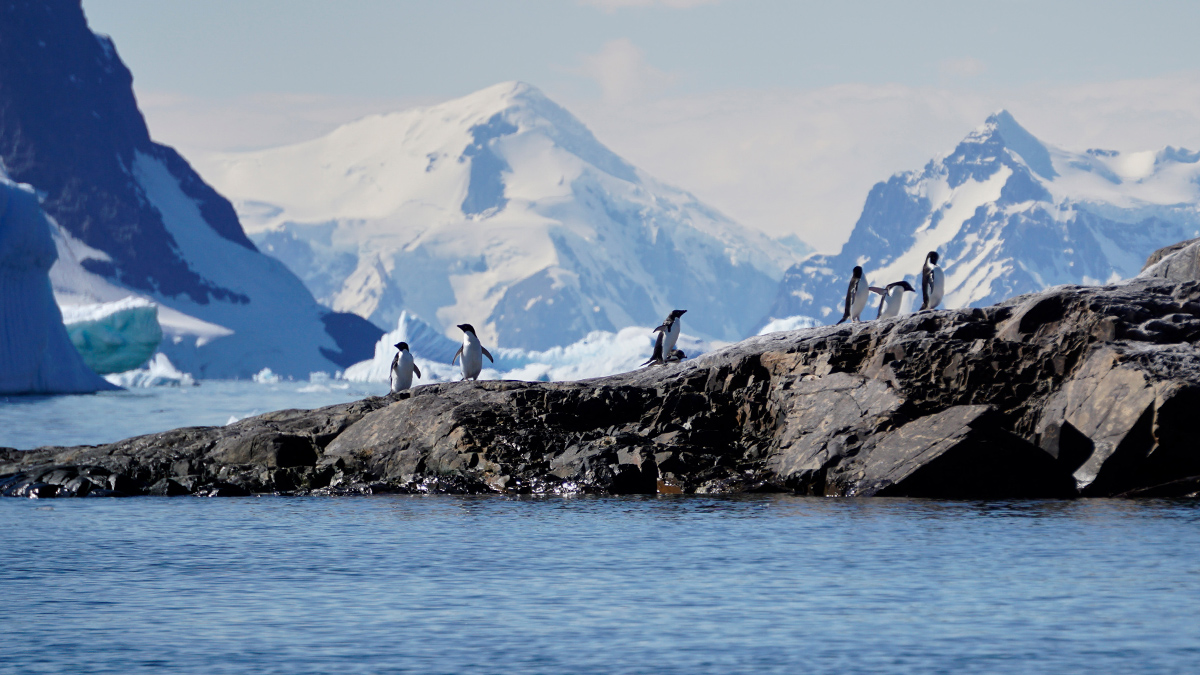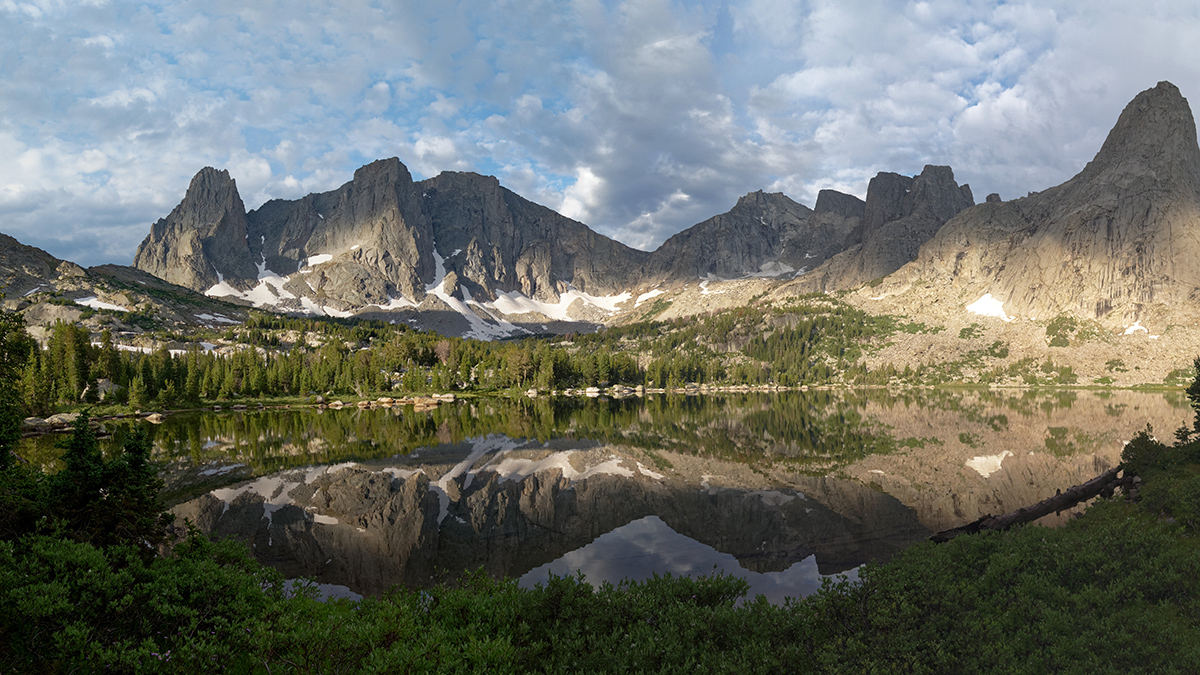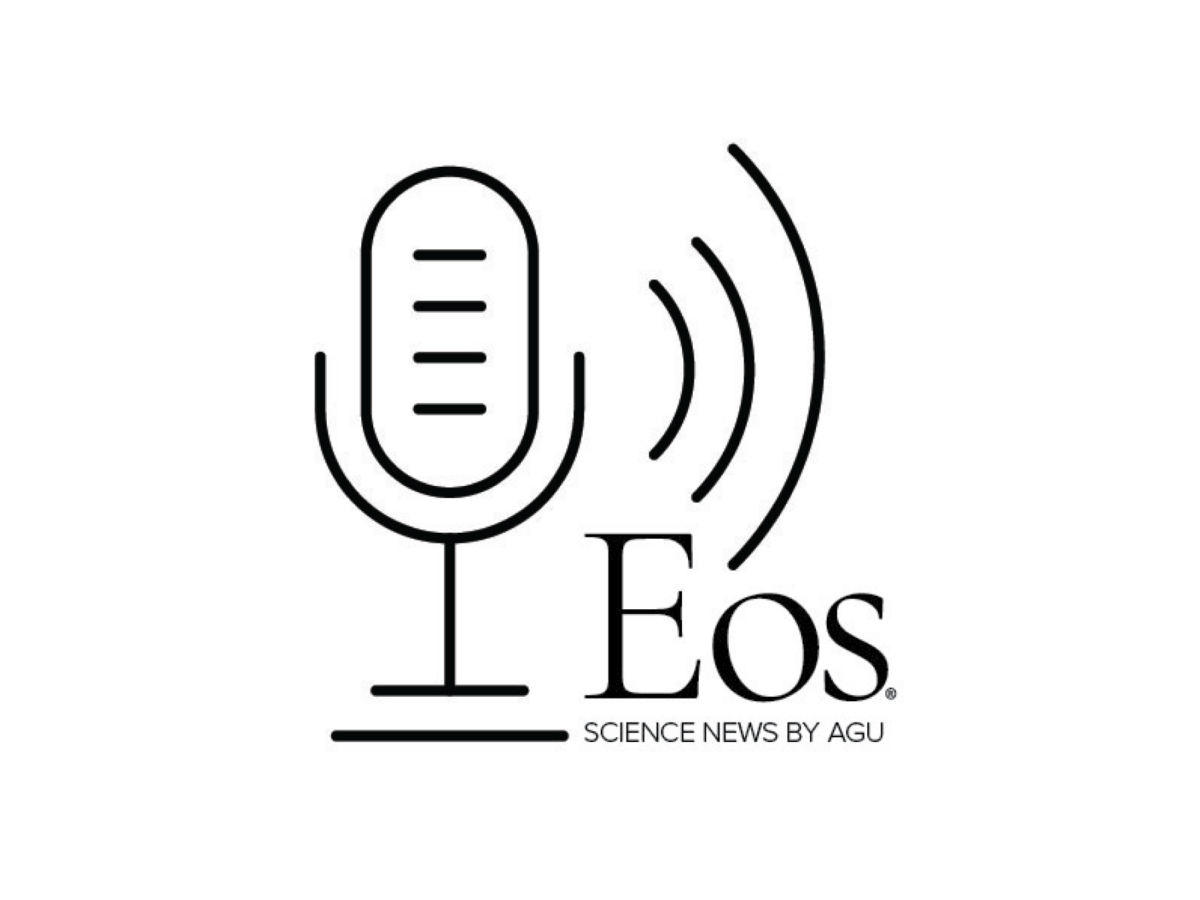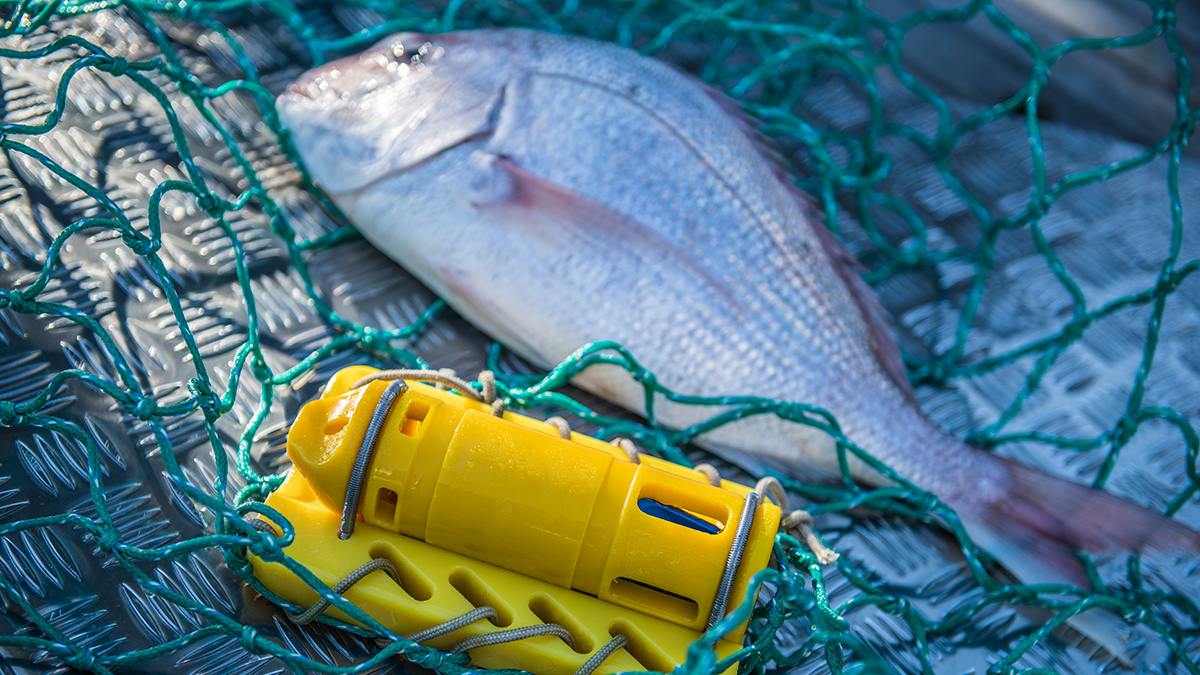There are concerns about the potential impact of an incipient landslide at Farwell Canyon on the Chilcotin River in British Columbia, Canada. On 30 July 2024, a large landslide occurred on the Chilcotin River in British Columbia, Canada, blocking the flow. The scale of the landslide was massive – on the BC website about the […]
fish
Blending Science and Indigenous Knowledge to Tell an Estuary’s Story
A new study of nutrient levels in soil cores supports oral Indigenous history, informing future estuary restoration efforts.
Forecasting the Future of Southern Ocean Ecosystems
A new ensemble of marine ecosystem models aims to improve understanding of how climate change will affect the waters surrounding Antarctica.
El ADN de los sedimentos lacustres revelan el impacto de los peces introducidos
La trucha no nativa ha alterado la diversidad del zooplancton que habita en los lagos de gran elevación.
DNA in Lake Sediment Reveals the Impact of Introduced Fish
Non-native trout have altered the diversity of zooplankton that live in high-elevation lakes.
Sailing Spectators’ Sounds Could Harm Marine Creatures
Research delves into noise pollution caused by spectator boats at sailing events such as the America’s Cup.
Corals Are Simplistic When Conditions Are Acidic
Increasing ocean acidity could spell trouble for fish that depend on corals’ many branches for protection.
Hungry Stingrays Shift Serious Amounts of Sediment
While digging for food on estuary bottoms, rays push around literally tons of sediment, changing their habitat in profound ways.
Pedro Val: River Science Runs in the Family
A researcher mixes geology and biology to make sense of river biodiversity.
The Moana Project Braids Tradition and Science for a More Sustainable Ocean
Scientists and Māori communities in Aotearoa New Zealand are gathering knowledge on marine conditions and ecosystems to protect livelihoods and help ensure a sustainable future for the blue economy.

